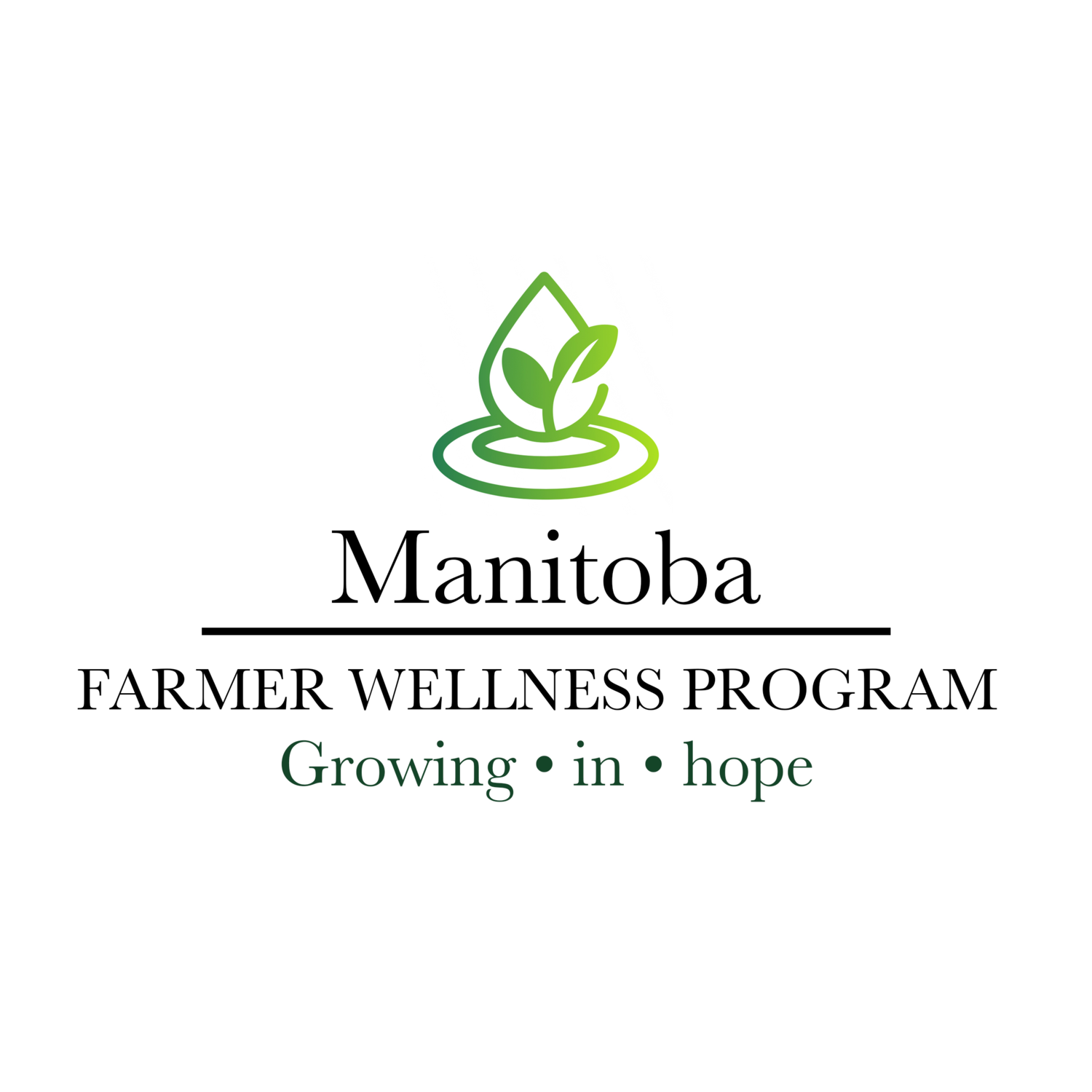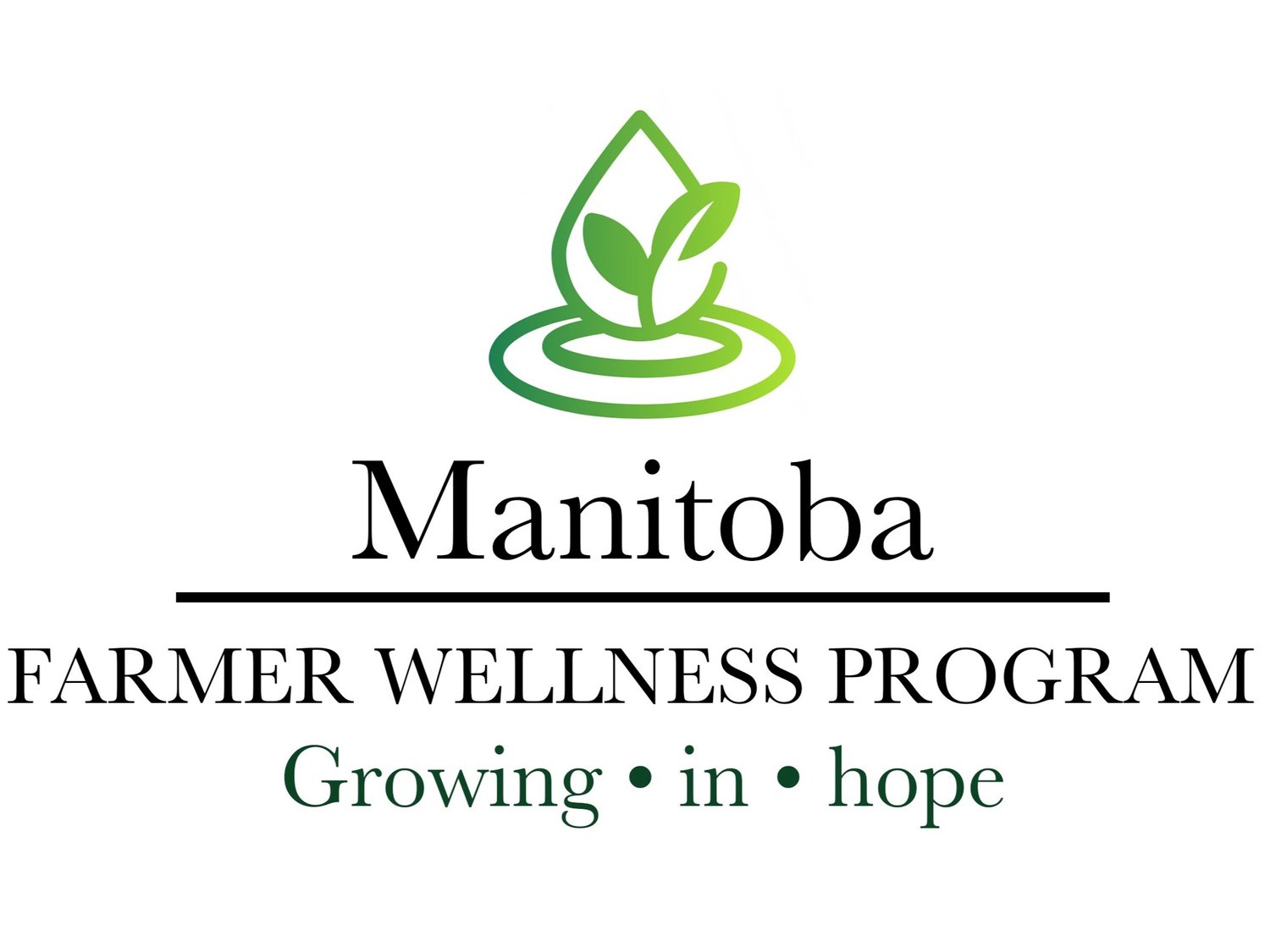
About
“Farmers are not invincible, but we feel like we must be” - Survey participant
“Don’t let your struggle become your identity.”
- Ralstron Bowles
About the Program
The Manitoba Farmer Wellness Program is here to help you. We understand the many challenges that come with farming. It can be difficult to know where to turn for help when stress on the farm begins to feel overwhelming. You are not alone!
We created this program specifically for farmers, your families and employees – to offer a safe and flexible way for you to get the help you're looking for.
Our no-cost, short-term counselling program is delivered by professionals with backgrounds in agriculture and your information is completely confidential. Giving you the peace of mind to remain anonymous when looking for help.
We will cover the cost of nine sessions per individual. We want you to focus on getting the support you need without the worry of paying for the service.
There's a STORY behind the stigma and statistics.
We all have mental health. Many of us will either have a mental illness or know someone who is living with some form of mental illness.
Here’s why it is so important that we talk:
The likelihood that mental illness will impact our farming community is greater than you might think. A study conducted by the University of Guelph in 2015 led by Dr. Andria Jones-Bitton, found that farmers as a group are vulnerable to mental health issues. It also found that:
-
58%
of farmers meet the criteria for an anxiety disorder
-
35%
of farmers meet the criteria for a depression diagnosis
-
40%
of farmers are reluctant to get help due to stigma
Land Acknowledgement
The Manitoba Farmer Wellness Program acknowledges the ancestral, traditional and unceded land of Treaties 1, 2, 3, 4, and 5. This land is home to the Metis Nation, Ojibwe, Cree, Oji-Cree, Dene, Dakota, Anishinaabe, and Saulteaux.
These lands were first worked, cared for, nurtured, and sustained by the Indigenous peoples. As we move along the path of reconciliation, we acknowledge harms of the past to the present and strive to support future caregivers of the land.
As settlers, we wish to live and farm in harmony with the land. We give thanks for the abundance of plant life, fresh water, rich soil, and clean air. We are committed to working collectively along side Indigenous communities towards reconciliation in this healing journey and individually, one conversation at a time.



